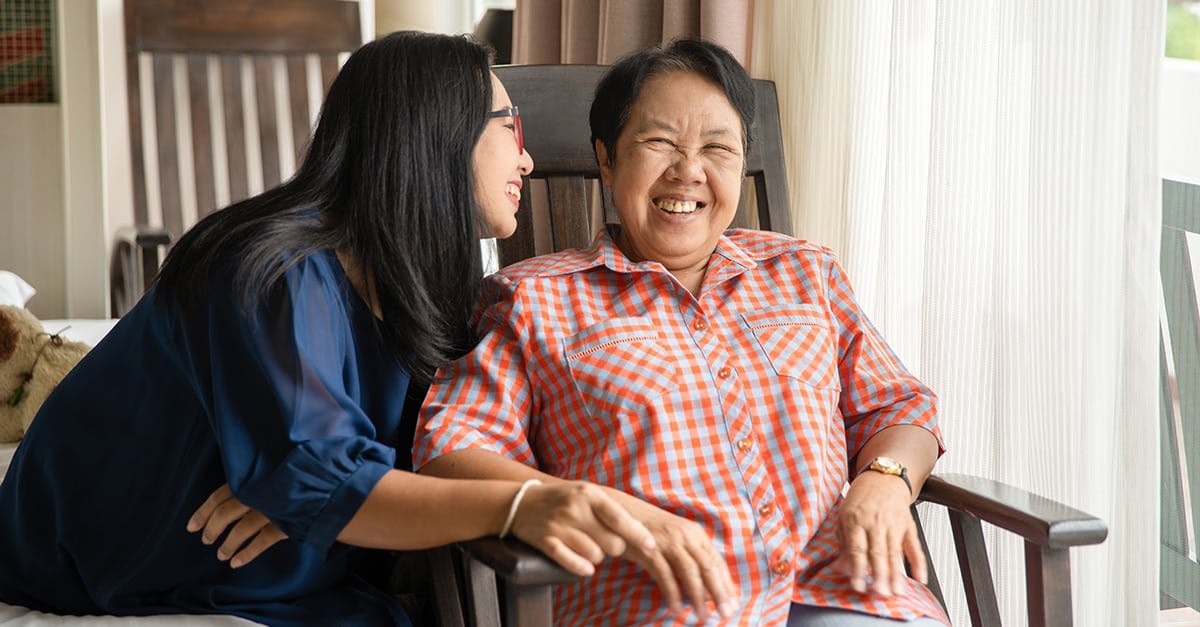
Tips for Caregiving
We may end up caring for a loved one who cannot care for themselves at some point in our lives. It may start as doing a simple task. Still, as time passes, it may transition into something bigger until you eventually realize you are a caregiver.
Below are some tips on how to take an active caregiver role.
- Assist with activities of daily living that the ill person can no longer manage (dressing, bathing, toileting, feeding)
- Provide transportation and assistance (for appointments, errands, and medical emergencies)
- Help with daily activities and maintaining the household (grocery shopping, picking up prescriptions, cleaning)
- Manage finances (paying bills, managing a bank account, budgeting)
- Participate in medical/nursing care at home (administering medications, performing medical and nursing procedures, communicating with the health care team)
- Provide emotional support and companionship (talking, reading, listening)
- Organize home health care (supervising and communicating with homecare staff).
Most people are not trained to be caregivers, so assuming these responsibilities can be challenging. Feeling uncertain or overwhelmed about what is expected of you is normal. Make sure to check in with yourself regularly to gauge your feelings. Self-care is just as important as caring for your loved one.
At MJHS, we value both personal and professional caregivers and recognize the critical work you do. That is why we have created these online caregiving resources to help you through this crucial time in your life.
If you need additional help and support caring for your loved one, please feel free to contact MJHS. We can recommend other care options available to you through one of our programs.